Who is Matthew Dean?
I am a lucky person to be joining BBE for part of this tour, and in general to be able to think about early music professionally in some way every day, as a producer and an artist based at Rockefeller Chapel at the University of Chicago. My academic training is as a medievalist, with a focus on the interconnection of architecture, sound, and folk traditions in northern Spain. I got into that trying to be a singing Indiana Jones, spending as much of my childhood in Chicago as possible in museums and libraries and looking off the beaten path for treasure when my family traveled. Over time, I’ve found my way into working at Chicago’s one real medieval cathedral, raising my own family in Oak Park, and spending as much time as possible on small ensemble singing. I’ve either performed in or hosted one concert series per week all of this year, which has been a happy thing.
What turned you on to early music?
Gregorian chant has been part of my soundtrack since altar boy days, and hearing groups like His Majestie’s Clerkes and the Monks of Santo Domingo de Silos during high school were the punctuation marks. I sang at a little chapel in Santander, Spain while in summer field school in college, branched into early instrumental music, and eventually was in one of the first few rosters of the Schola Antiqua of Chicago, of which I’m now Managing Director. I’m fascinated by the interplay of early and folk music – and early and folk music people – and can be found at home playing tin whistle along with both old Chieftans records and David Munrow programs.
How did you get into singing?
My parents will deny being very musical, but they both are. My dad has great taste in jazz, folk, and classic rock and plays the guitar, and my mom sings constantly, has always remembered the piano she learned as a schoolteacher, and encouraged my brother and me in school and church choirs and piano from early ages. The transformative choral force in my life was Bradley Jones, who made me place a value on my own instrument and make decisions around it. He was my Mr. Holland. Every good musician has had one.
What is one of your favorite pieces of early music and why?
For simple joy, Holborne’s “The Faerie Round.” For genius of empathy and conspiracy, “Spem in Alium.” But fine, if you make me pick just one, probably Isaac’s "Tota pulchra es,” which is one of the most deeply moving, sensual, and even patriotic, settings of Biblical text conceivable with the tonal palette of its time.
What are you most looking forward to about touring?
As Chaucer tells us, you find out who people are on the road. Some of my best experiences in early music with The Newberry Consort and The Schola Antiqua of Chicago have been at festivals and on tours, where the personal chemistry from living together out of time fuels the art. Thomas Alaan and I have had the good fortune of some small ensemble work this year that clicked for reviewers, but it’s the satisfaction of music made well for its own sake, and for new audiences, that is the motivation for my continuing travels.

